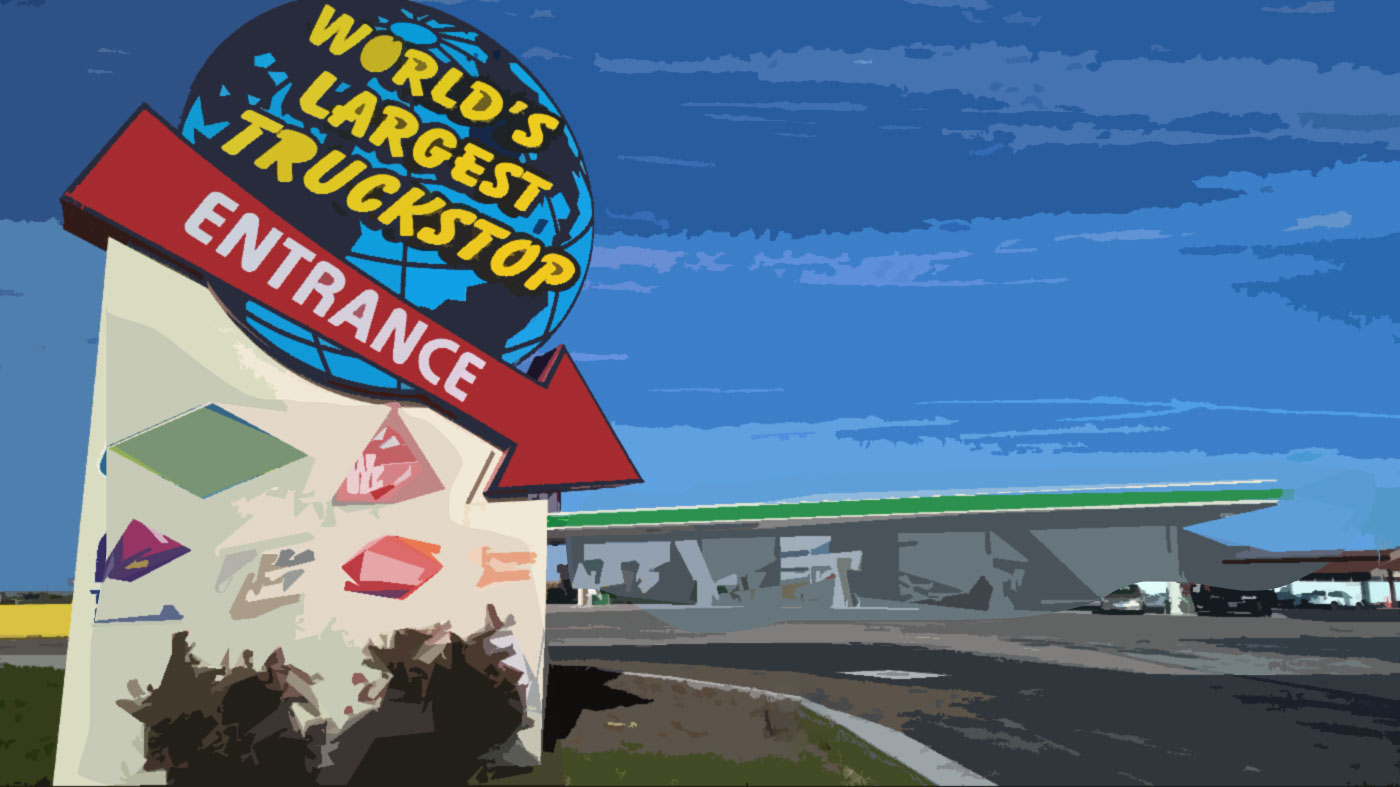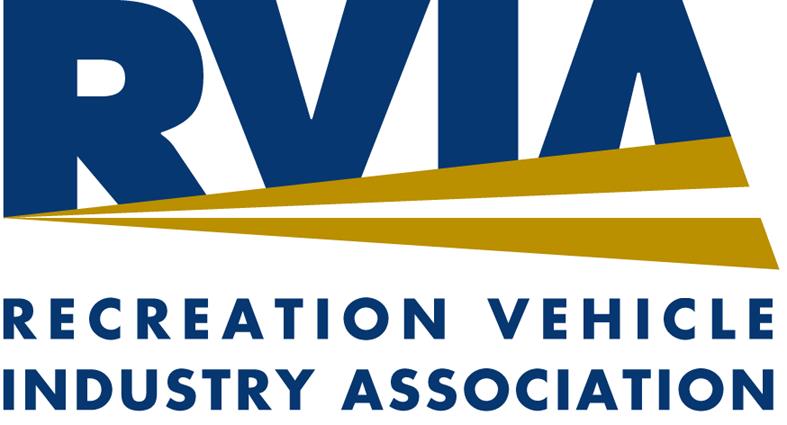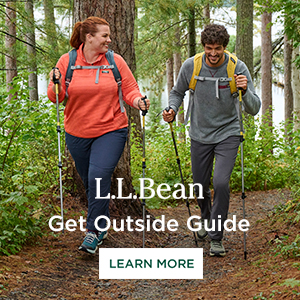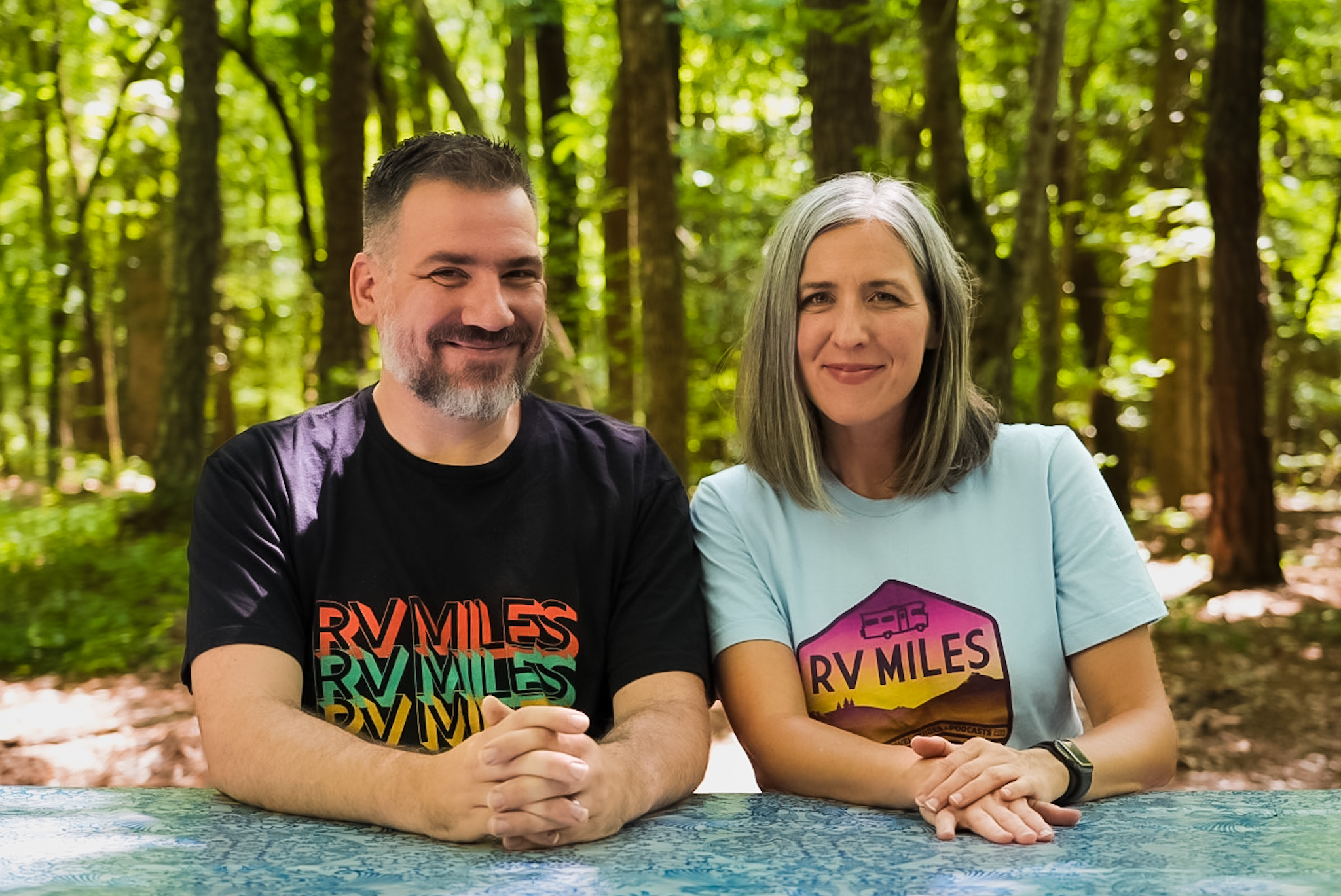Roadschooling
-Verb
A form of homeschooling that involves traveling while allowing places and experiences to drive learning
As a full-time traveling family, we are what many call “roadschoolers,” meaning we use our travels to influence our children’s education, or sometimes our educational needs influence our travel. However you look at it, roadschooling is essentially homeschooling on the road, and like all forms of home education, you have the freedom to tailor it to the needs of your family and each individual child.
But what exactly do you do as roadschoolers? Or maybe more importantly, how do you get started?
Below are a few suggestions on ways you can begin the transition from a sticks and bricks education, to one that takes the show on the road.
Roadschooling 101:
- First things first, check your state’s homeschool laws. There is no national law when it comes to homeschooling, which means each state sets their own guidelines, and those guidelines can range from nothing what-so-ever, to registering with your local public school, to yearly testing, and so on.
We highly recommend visiting the Homeschool Legal Defense Association (HSLDA) for up-to-date info on your states homeschool laws, as well as a general overview of your rights as a home educator.
- Want to go down the rabbit hole of curriculum? Maybe you’re not sure if you even want to do curriculum-based learning, or maybe you want to have a few things on hand or online as backup? A great curriculum resource is Homeschool.com. They may just have it all, and then some. We are an unschooling family (more on that below), but I still like to scroll through the site and see what’s out there. Often you can find the same items on other sites at a cheaper price, but for a one-stop-shop for curriculum browsing, they are the place to go.
- Seek out other roadschoolers. There are several Facebook groups you can join who offer a wealth of information (and sometimes a wealth of opinions, but you know the deal, just scroll on past). Groups can be useful for questions regarding the lifestyle, and also for their archives, especially the bigger groups. An online group can also be a great way to connect in the virtual world, and perhaps open up opportunities for more face-to-face interactions. I highly recommend joining the Fulltime Families organization for those real-life connections, and for their “members only” online resources. Through Fulltime Families, you’ll find others who are enjoying the travel lifestyle, and with more ways to connect, the group is an absolute must for any traveling family.
- Don’t be afraid to “deschool” for a few months. One of the greatest pieces of advice I was given in the early days of homeschooling was to take some time to “deschool.” Essentially, they were telling me to chill out and just be with my family for a few months. Roadschooling is a transition, and like any transition, it will take you a little bit of time to adjust, even if you are already homeschooling. When we went from public school to homeschool we took about three months off, and in that time we were still learning, but we weren’t trying to replicate school or put together a lesson plan. It was very chill and incredibly nice to reconnect as a family and figure out this new path.
Now, I did not follow this advice when we went from homeschooling to roadschooling, and I should have. Things were really stressful in the beginning because I didn’t allow myself (or the kids) time to just be. It took about 6 weeks into the chaos before I realized what was happening and hit the brakes. We spent the next couple of months exploring and approaching each day with no set expectations, and ultimately, that helped us decide what kind of roadschoolers we wanted to be.
Once you have an idea of your state laws — and take a “deschooling” break — you can begin to consider how your children learn and how you’d like to engage in education with them. Here are a few suggestions for how to go about that:
- Curriculum-Based Learning: This is the closest to a public school classroom as you will get, and if that is what works best for your kids there’s plenty of curriculum out there to support your journey. There are also several theories out there to consider, such as Montessori, Charlotte Mason, Waldorf, etc. You can purchase curriculum that is whole-learning focused, or based around a particular subject. It can be faith-based or secular, and you can choose between book form or online.
A few things to consider with curriculum-based learning: Space — How much space do you have in your RV? Is this a curriculum that will require receiving mailed material numerous times a year, and if so, how will you handle that? If you go the online route, will you have a reliable internet connection on a regular basis? There are a lot of benefits to having the lesson plan set for you, just make sure that its a curriculum that will work with your travel lifestyle. Some school districts also allow you to use their curriculum from home, but again, you will be bound to their schedule, their testing dates, and their deadlines. In the early days of roadschooling, having the freedom to explore and move at your own pace is essential to success, and additional deadlines may leave you more stressed than you’d like to be.
- Unschooling: Unschooling is the complete opposite of curriculum-based learning. With Unschooling or child-led learning, the educational world is driven by the interests of the child. There is no set schedule and no curriculum. Learning happens organically and children engage in whatever subject piques their curiosity. This can be a difficult philosophy to practice in the early days of roadschooling, especially if you are coming from a more formal school environment. However, this is where deschooling comes in handy, especially if you are unsure what educational style is going to work best for your kids. That doesn’t mean you don’t encourage kids to take a look at subjects they may have no interest in. It’s anything but easy, as it requires you to focus your family’s entire existence on learning to make it work, but the rewards are so great.
- Somewhere in the Middle: This is that lovely place where all educational worlds try to find harmony, and if you prefer to leave the labels at home, then this may be your preferred option. Basically, “somewhere in the middle” educators pull from everywhere and try everything, taking what works in one realm and adding it with another, creating an environment unique to your learner.
For us, unschooling is at the heart of our roadschooling life, and is how we identify ourselves, but we still keep a toe in some curriculum-based learning. I suspect this may be where a lot of families, especially in the beginning of their roadschool journey, fall.
Unschooling allows us to fully engage in our travels, but we didn’t fall naturally into it, and it certainly takes a level of trust in one’s self that can be hard to come by at first.
To hear more of our journey, give a listen to Episode 53 of the RV Miles Podcast.
Wherever you end up, roadschooling is an incredibly rewarding experience for the entire family. It is a living education, with stories coming to life for you and your kids.
Take a breath, take a moment, and remember that educating your kids is a slow burn, and not a fast sprint to the finish line. Allow yourself the time you need to adjust and to enjoy. If it feels frantic, stressful, and miserable, step back and evaluate as a family what isn’t working. If it’s going great, do nothing, because as any parent will tell you, the minute you point out how great things are the entire operation falls apart.
If you are a seasoned roadschooler, how’s the journey going for you? If you are new to the idea, are you excited or feeling a little overwhelmed? I’d love to know what life is like for you as an educator, so leave a comment below and lets chat!







